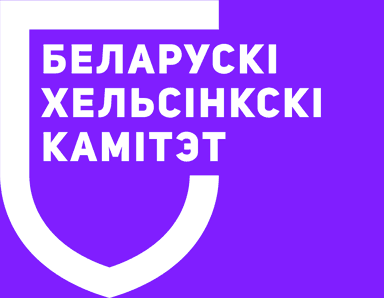Human rights activists sent to the Human Rights Committee (HRC) an interim report on the implementation by the Republic of Belarus of the recommendations of the Committee, set out in the Concluding Observations on the fifth periodic report of Belarus on the implementation of the International Covenant on Civil and Political Rights (Covenant).
The report was prepared by a coalition of human rights organizations in Belarus, which participated in the submission of the Alternative Report to the HRC as part of the consideration of the fifth periodic report. Under the coordination of the Belarusian Helsinki Committee, the Human Rights Center “Viasna”, the Belarusian Association of Journalists, Human Constanta, the Belarusian House of Human Rights named after Boris Zvozskau, and the Legal Initiative worked on the report.
The report provides information on the implementation by the Republic of Belarus of a number of recommendations identified by the Committee as priorities and in respect of which the Committee requested the state to provide information on follow-up measures: on the implementation of the considerations under the Optional Protocol and the application of interim measures of protection; about the death penalty; on respect for the right to freedom of peaceful assembly.
Experts from human rights organizations summarized the legislative and practical measures taken by the authorities in these areas and concluded not only about the lack of progress in the implementation of the recommendations by the state since the consideration of the fifth periodic report (November 2018), but also about the commission by the state of large-scale violations of civil and political rights.
Thus, the authors of the report note that Belarus continues to refuse to cooperate with the Committee regarding the implementation of its views and requests for the application of interim measures of protection, including the suspension of the execution of death sentences until the Committee has completed its consideration of individual communications on violations of the International Covenant on Civil and Political rights.
The report also does not record positive developments in the state's implementation of the recommendation to move towards the abolition of the death penalty. The authors note that the rhetoric of the Belarusian authorities is aimed at strengthening public support for this measure of punishment, and legislative changes that expand the scope of its application may lead to an increase in the number of death sentences and further intimidation of society.
Regarding the steps taken by the state to ensure the full enjoyment of the right to freedom of peaceful assembly, the authors analyze a wide range of legislative changes that further narrow the already limited opportunities for exercising this right. In particular, the report lists changes in the legislation governing the procedure for holding mass events that make the actual implementation of this right extremely burdensome or inaccessible and level its meaning; changes in administrative and criminal legislation, introducing new and tougher existing measures of responsibility for violations of the procedure for organizing and holding mass events; changes that expand the possibility of applying legislation on countering extremism.
The report also describes the authorities’ practice of dispersing peaceful assemblies in 2020 and detaining their participants, including media representatives. Separately, there are cases of killings of participants in assemblies, as well as a widespread practice of torture against peaceful demonstrators. The authors draw attention to the lack of investigation into numerous reports of torture and death of participants in peaceful assemblies.
The experts separately state the lack of intention of the state to cooperate with international human rights mechanisms, drawing attention to the recent statement by Belarus on the denunciation of the Optional Protocol to the Covenant and the corresponding steps to change the legislation.
In accordance with the Committee's Rules of Procedure, for the purpose of considering information on a State's follow-up to comments that the Committee requests to be given priority, the Committee may appoint a follow-up rapporteur. The results of the analysis of the follow-up report are submitted to the Committee, which decides on the conformity and sufficiency of the measures taken with the recommendations of the Committee and informs the state about it. The Committee will consider the report of the Republic of Belarus and information from human rights organizations at its spring session, which will be held February 27 - March 24, 2023.
